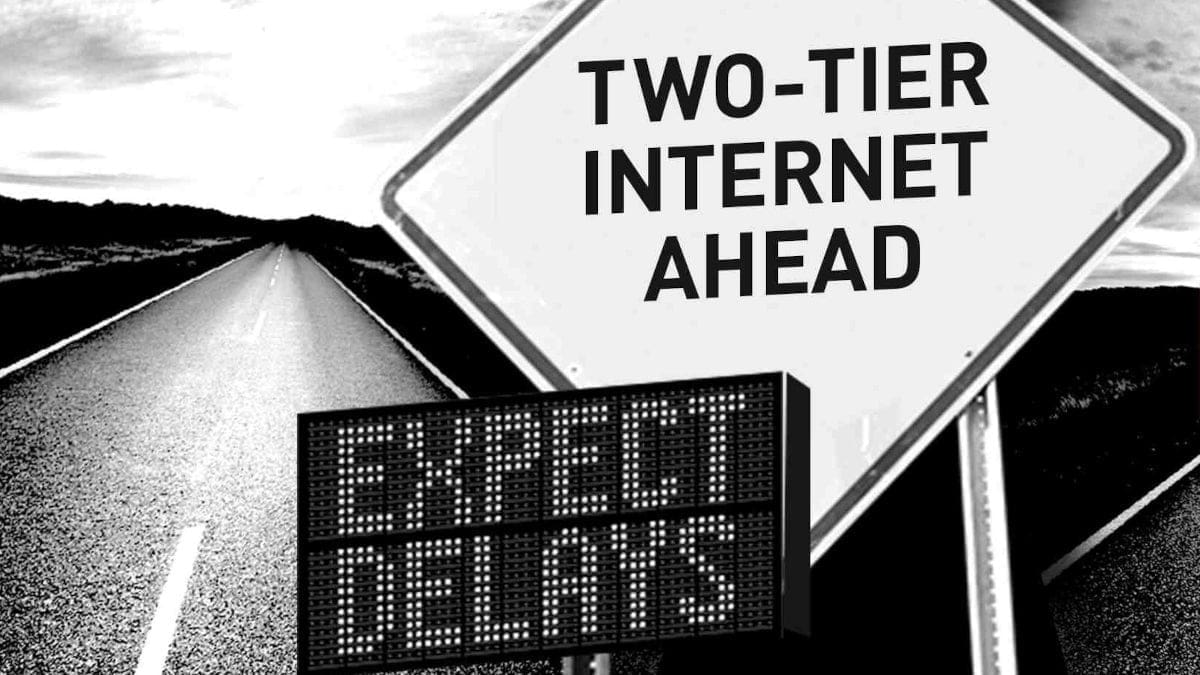The recent Final Draft of the net neutrality rules released by the FCC on May 7th initially left a loophole for ISPs and wireless carriers. The loophole allowed for the creation of “fast lanes” for specific applications, where consumers would have to pay for faster internet streams without application providers having to pay for special treatment. This loophole could potentially lead to customers being charged more for certain content to be streamed over a “fast lane.”
The technology behind this loophole, known as “network slicing,” would enable ISPs to create faster lanes for categories of apps like gaming and charge consumers extra for plans offering faster speeds for these apps. According to a report by network equipment manufacturer Ericsson, carriers could potentially charge gamers an additional fee of up to $10.99 on top of their 5G monthly subscription for a guaranteed gaming experience.
However, experts like Michael Calabrese from the Open Technology Institute’s Wireless Future Project and Standford Law Professor Barbara van Schewick argue against the use of “network slicing” to offer preferential treatment to certain broadband customers. They emphasize that treating some applications better than others has the same effect as slowing down disfavored apps, making it harder for them to compete.
To prevent net neutrality regulations from fluctuating every four to eight years with changing administrations, legislation is crucial. Advocates of net neutrality highlight that offering different lanes for different types of traffic could degrade content that isn’t favored. The FCC clarified that speeding up content based on internet content, applications, or services impairs or degrades other content not receiving the same treatment.
Van Schewick emphasizes that ISPs are prohibited from limiting fast lanes only to selected apps or categories under the FCC’s final draft. Broadband providers are considering legal action against the FCC in an attempt to prevent these regulations from taking effect.
Ultimately, passing legislation making net neutrality a law could provide long-term stability and clarity for carriers regarding their budgeting and planning processes without worrying about changes in regulations with each new administration. This move would ensure consistency and fairness in internet traffic management practices.










